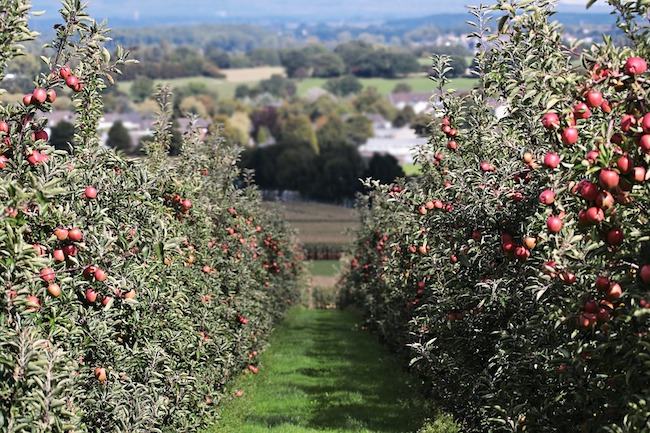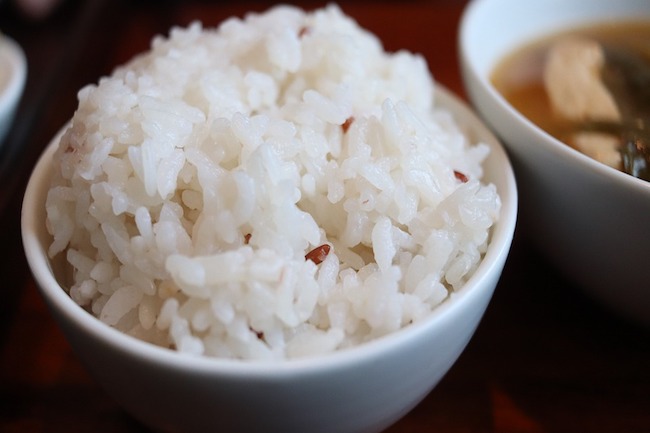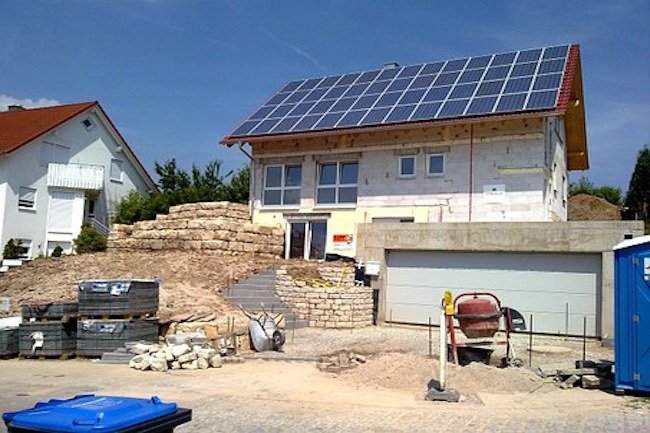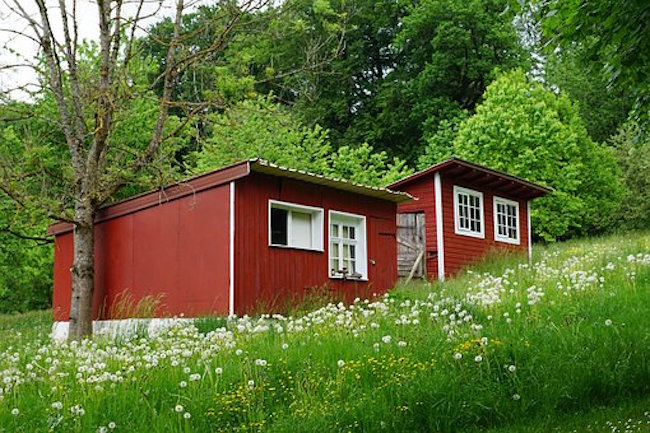Planting Productive Orchards by David K. for Survival Blog
When someone says the word ‘orchard,’ most people begin to immediately conjure images of fall and vast acres of fruit trees, hayrides, pumpkin patches, corn mazes, apple harvests, making cider, and so forth. But to those with a preparedness mindset, the word ‘orchard’ also implies benefits like self-sufficiency, the attraction of wild game for hunting/trapping, diversified protein sources, fur for blankets, boots, hats, coats, and gloves, as well as bartering. The term ‘orchard’ can have broader connotations beyond your typical fruit tree acreage. For many, myself included, the term ’orchard’ stretches beyond fruit trees and includes nut trees, berry bushes, vine fruit, and beekeeping.
When you, or your family, are reviewing and considering a land purchase, you would do well to take into account your ability to incorporate some or all of the options noted previously (fruit/nut trees, berry bushes, vine fruits, and beekeeping). Having the ability to incorporate all of the varieties noted into the broader definition of an orchard helps everyone. You, your family, your group/community, and wildlife all can benefit from the planning of this resource. I’ve added wildlife because fruit and nut trees attract them in droves and will allow you to diversify your food options (protein) year-round and during a collapse.
If you think you might want to plant an orchard, I would definitely recommend doing two things:
1. Find your USDA Plant Hardiness Zone
2. Do Your Research
Learning your plant hardiness zone is fairly self-explanatory. Once you know that, you can begin researching which types of trees, shrubs, and vine crops are suitable to your location, or future location. To that end, the first place I recommend looking is online. You’ll be able to gain a solid knowledge base and generate questions that you can either try and answer on your own with additional research or bring the questions with you to a local arborist or nursery. The online resources can also lead you to the purchase of valuable and reputable non-fiction books for your library from highly knowledgeable and respected authors, researchers, growers, and scientists.
When you begin your online research, I recommend the Stark Bros website. I’ve found that their website has one of the easiest interfaces for consumers to navigate and there’s a wealth of information available about fruit and nut trees as well as a nice variety of berry plants and bushes. As an example, Stark Bros. published ‘Growing Guides’ for individual fruits, nuts, and berries as well as a homestead guide for fruit trees. You can find that information using these two URLs:




